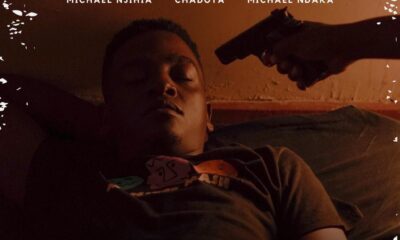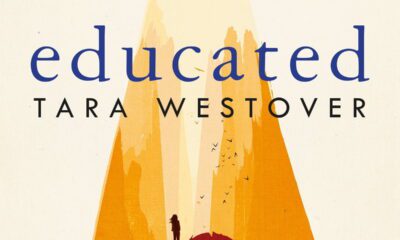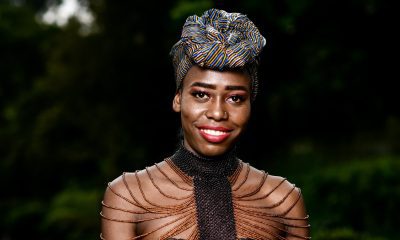Books & Film
Distinctive Identity of Anime: Breaking Free from Cartoon Stereotypes
I have had this conversation with most people and frankly, I am disappointed. Anime is not cartoons.
Published
2 years agoon
By
Robert Okaka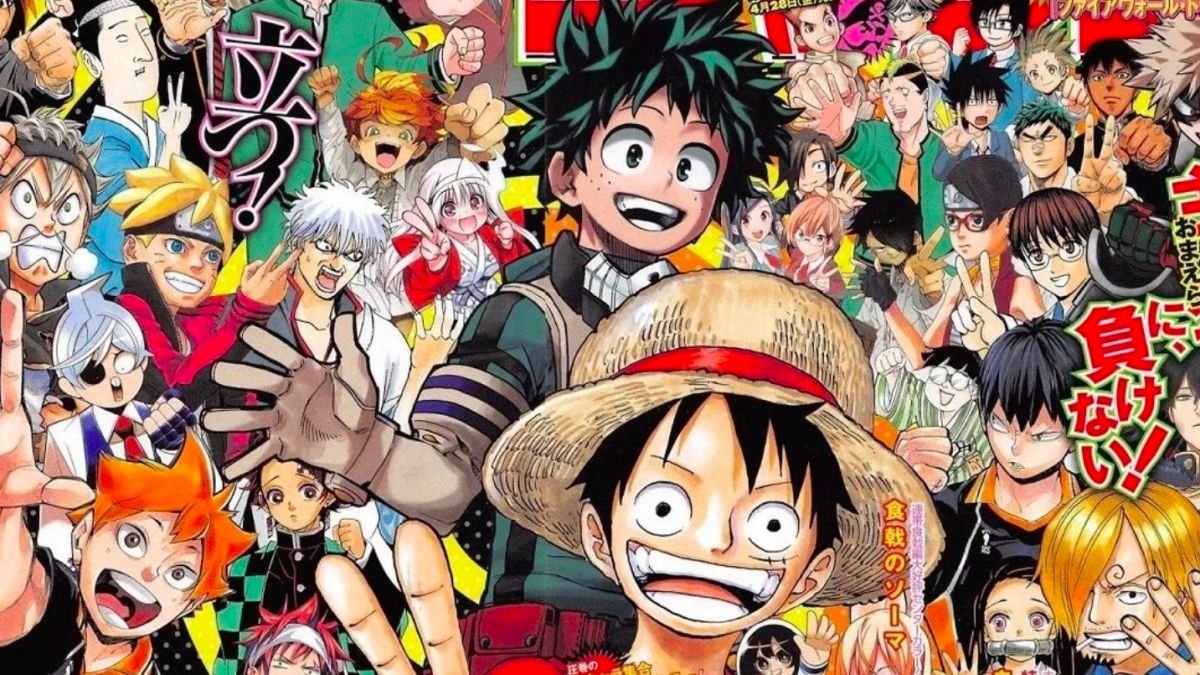
Anime focuses primarily on life issues; things tied closer to human emotion and has diverse themes. Cartoons are generally made to make people laugh and so are more comical. Remember this next time we speak …. enough of the rant, here are some unique and easy Anime to start out with.
Samurai X (Rurouni Kenshin)
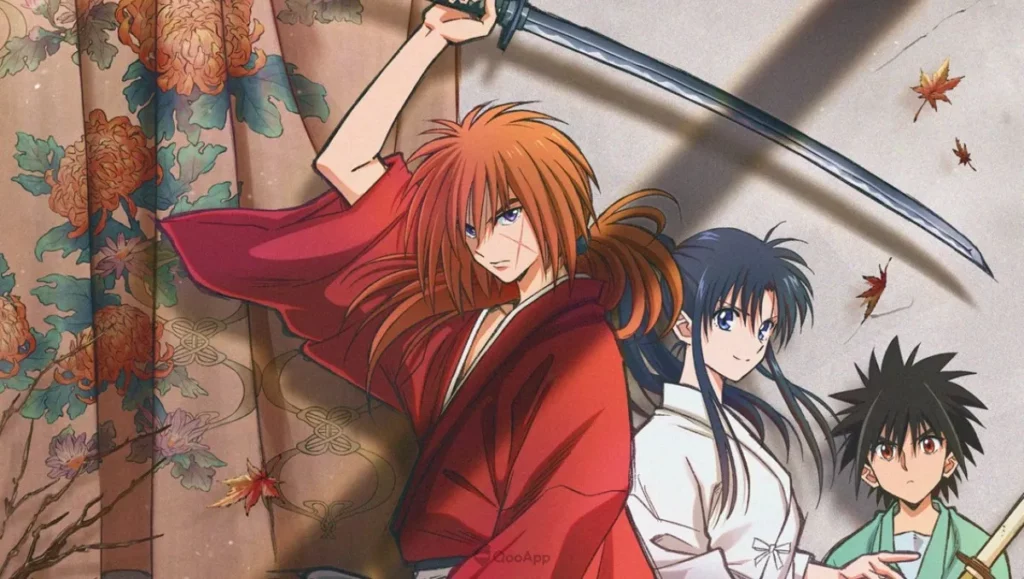
Old is gold…. so is Samurai X. The story revolves around Kenshin Himura, a former ruthless assassin who now seeks redemption by peaceful wandering, vowing never to kill again. During his journey, he encounters various individuals and forms new connections, including Kaoru Kamiya – a kindhearted dojo owner, and Yahiko Myojin – a young student seeking guidance.
However, Kenshin’s violent past catches up with him as formidable enemies from his past emerge, forcing him to confront his demons while protecting those he cares about. The series skillfully combines action, historical elements, and profound character development. This makes it a timeless tale of honor, redemption, and the enduring power of humanity. The anime started in 1996 and takes place in the 1860s during the Bakumatsu Revolution when Japan was torn asunder as revolutionaries tried to overthrow the Tokugawa Shogunate, which had ruled for 300 years, and restore the Emperor to power.
Another
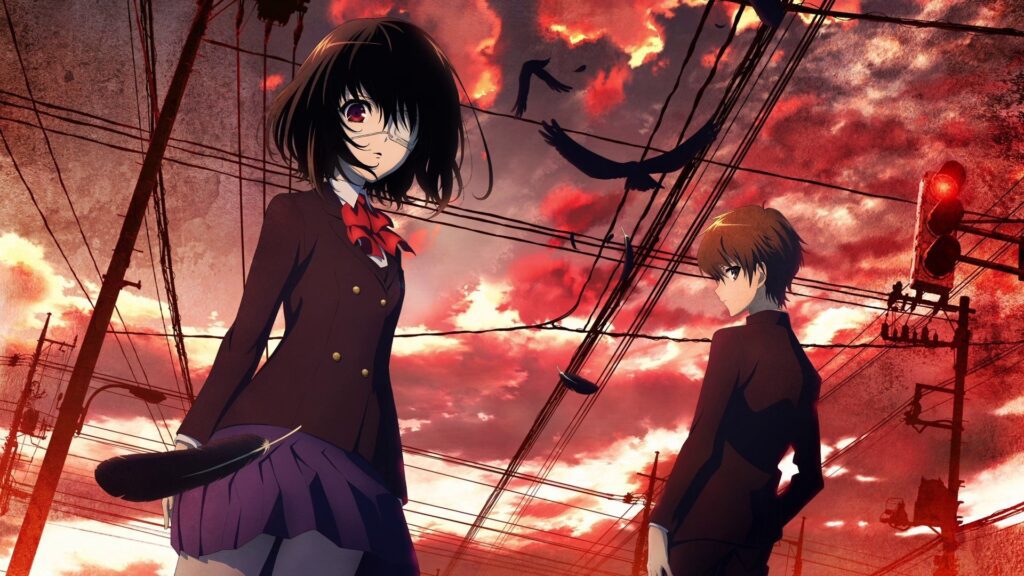
Anime horror slaps differently, if you don’t believe me try this one. In class 3-3 of Yomiyama North Junior High, transfer student Kouichi Sakakibara makes his return after taking sick leave for the first month of school. Among his new classmates, he is inexplicably drawn toward Mei Misaki—a reserved girl with an eyepatch whom he met in the hospital during his absence. But none of his classmates acknowledge her existence; they warn him not to acquaint himself with things that do not exist. Against their words of caution, Kouichi befriends Mei—soon learning of the sinister truth behind his friends’ apprehension.
The ominous rumors revolve around a former student of the class 3-3. However, no one will share the full details of the grim event with Kouichi. Engrossed in the curse that plagues his class, Kouichi sets out to discover its connection to his new friend. As a series of tragedies arise around them, it is now up to Kouichi, Mei, and their classmates to unravel the eerie mystery—but doing so will come at a hefty price. I rate this a 9 – it’s a great one-season show.
Honorable mentions
Yakusokuno Neverland (The Promised Neverland), Demon Slayer, Bleach, Jujitsu Kaisen, and Atack on Titan.
*Anime has English versions, you do not have to strain to use subtitles. Just watch dubbed episodes.
Have a lovely watch.
You may like


“Zoza”: A Story of Loyalty, Betrayal, and Redemption


Spotify Has Quietly Hiked Prices in Kenya


A Journey of Self-Discovery: Book Review of Educated by Tara Westover


Packed Fall 2024 Anime Lineup: What to Expect This Season


Infinix’s Hot Launch; The All New Hot 50 Series is Here


Walker Town Presents A Star-Studded Lineup Featuring Lauryn Hill, Nyashinski And Rema
Books & Film
Celebrated Author Joan Thatiah Releases Her 10th Book: A Powerful Tribute To Nairobi Men’s Voices
Published
1 year agoon
November 21, 2024
Celebrated Kenyan author Joan Thatiah has reached a major milestone in her literary journey with the release of her 10th book, Confessions of Nairobi Men: Book Two.
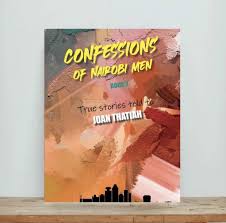
Known for her ability to craft raw and relatable stories, Thatiah continues to explore the intricacies of love, life, and humanity, delving into the untold narratives of everyday people.
“This book is as much yours as it is mine,” Thatiah shared with her readers. “Thank you for being part of this journey. It has been an honor to listen to these stories and bring them to life.”
Priced at Ksh 1,450, Confessions of Nairobi Men: Book Two has already hit the shelves and promises readers a deep dive into the lives and confessions of Nairobi’s men. Through these personal and sometimes vulnerable accounts, Thatiah offers a mirror reflecting the culture, challenges, and shared humanity of the city.
With a decade-long literary career, Thatiah’s journey has remained as authentic as the day she began. “Ten books in, and it all feels just as raw and real as it did on day one,” she said. “Each story is a lesson, shaped by the bold voices of Nairobi men who have shared their truths.”
Her works, which include titles such as Confessions of Nairobi Women: Book One, Confessions of Nairobi Women: Book Two, Guilty: A Novel, Everything I Know About Life, and I’m Too Pretty to Be Broke and Other Lies You’ve Been Telling Yourself, have solidified her reputation as one of Kenya’s most influential contemporary authors.
Through her writing, Thatiah continues to amplify the voices of men and women alike, telling stories that resonate deeply with her readers. Confessions of Nairobi Men: Book Two is not just a book—it’s a testament to Nairobi’s spirit, capturing the essence of its people and their shared experiences.
Whether you’re new to Joan Thatiah’s work or a longtime fan, this latest release is sure to leave you reflecting on life, love, and the complexities of human connection.
Books & Film
“Zoza”: A Story of Loyalty, Betrayal, and Redemption
Published
1 year agoon
November 20, 2024
If you enjoy Kenyan films, you are in for a treat with AngaIMAX about to unveil an electrifying tale with Zoza the film, premiering on 23rd November 2024 at Anga Cinemas, Diamond Plaza II. Directed by Ian Michael ‘Chief’ and produced by Yvette Gisebe, this gripping drama will take you on an emotional journey through the gritty streets of Nairobi, where loyalty, survival, and the quest for redemption intertwine.
The film revolves around Monty, a young man grappling with his past and the lure of his former life. After spending four years in juvenile prison, Monty is offered a controversial deal by Officer Bett—a shot at freedom in exchange for infiltrating his old gang and collecting evidence to take them down. With half a million shillings as bait, Monty accepts, but it’s a decision that forces him to navigate dangerous waters.
In his pursuit, Monty reconnects with Mo, his fiery love interest and the heart of his old crew. Mo is a woman of strength, fiercely protective of her brother Tony. Their chemistry adds depth to the story, especially as Mo’s discovery of Monty’s mission stirs tension and suspicion within the group. Things take a dramatic turn when betrayal emerges from within—Ousman, a gang member, leaks Monty’s plans to Kizito, a ruthless criminal Monty is tasked with exposing-. What happens next you’ll have to buy a ticket and find out.
What sets Zoza apart is its layered storytelling. The stakes are amplified when we learn that Officer Bett has his own murky motives, entangled in a blackmail scheme with Kunta, Kizito’s rival. This dual narrative leaves Monty torn between doing what’s right and protecting himself. What do you think you would do?
With a powerful cast featuring Michael Njihia, Chadota, and Michael Ndaka, and a striking score by Soup and Salad, Zoza promises to keep you on the edge of your seats. It’s more than just a thriller—it’s a reflection on the costs of redemption and the resilience needed to rise above one’s circumstances.
Prepare for an unforgettable cinematic experience as Zoza dives deep into the complexities of crime, love, and the price of freedom. Don’t miss the premiere—it’s set to leave a mark on Kenya’s film industry.

Books & Film
MOVIES TO LOOK OUT FOR IN CINEMAS THIS NOVEMBER!!!!!
Published
1 year agoon
November 4, 2024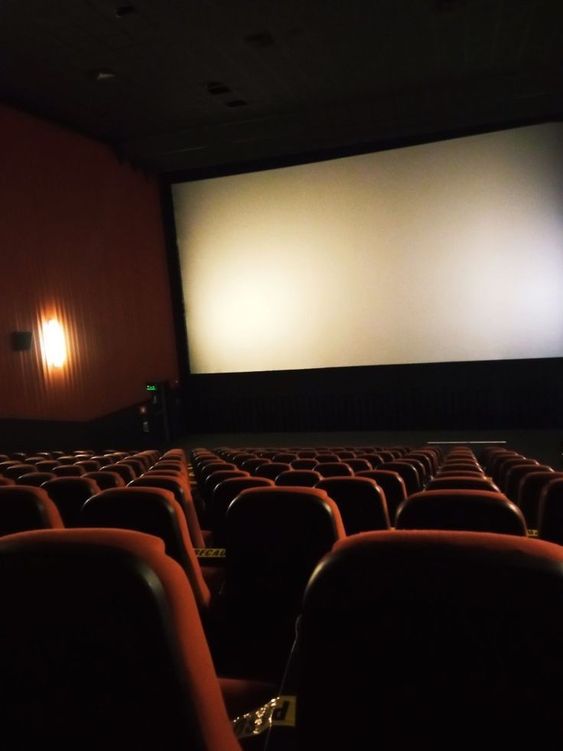
November is closing spooky season and beginning Christmas early with holiday movies and more. Do not miss out on this exciting adventure. Get yourself some popcorns and let’s dive in to what the cinemas have to offer this month:
1. The Best Christmas Pageant Ever
Will Be Released On November 8, 2024
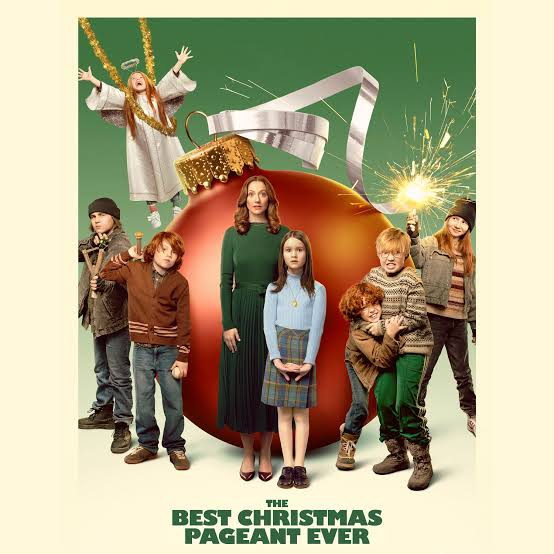
Six juvenile delinquent siblings who inadvertently find themselves participating in the local church pageant during the holidays unleash chaos but they might just teach a shocked community the true meaning of Christmas.
2.Heretic
Will Be Released On November 8, 2024
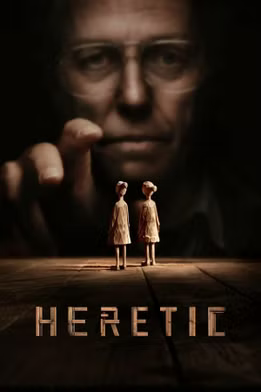
Heretic is a horror thriller of two young missionaries who try to convert Mr. Reed (Hugh Grant). However, the mission takes a sinister turn as Mr. Reed is actually far more dangerous than they could have anticipated. Will their faith help them make it out alive?
3.Small Things Like These
Will Be Released On November 8, 2024
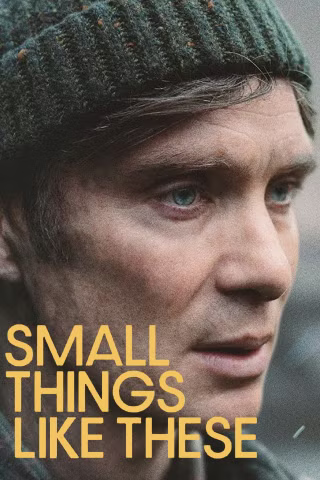
Cillian Murphy is back after his previous movie Oppenheimer which hit the cinemas last year! Let’s take a look at what he has to offer this year.
Bill Furlong (Cillian Murphy), a coal merchant living next to a convent. Furlong ends up discovering the dark secrets and disturbing things that happen inside the convent, leading him to confront the secrets of the Irish town of New Ross.
4.Red One
Will Be Released On November 10, 2024
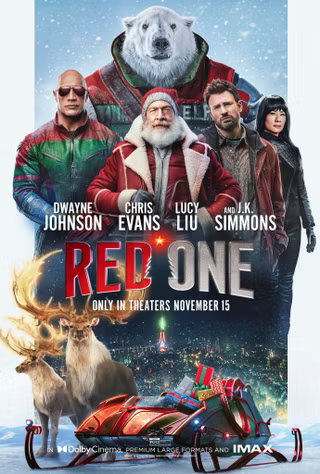
Dwayne Johnson and Chris Evans star in this christmas comedy film where Dwayne Johnson head of security of the North Pole, and Chris Evans the infamous hacker and bounty hunter team up to save Santa Claus who has been kidnapped. Will they save him on time to save Christmas altogether?
5.Christmas Eve in Miller’s Point
Will Be Released On November 15, 2024
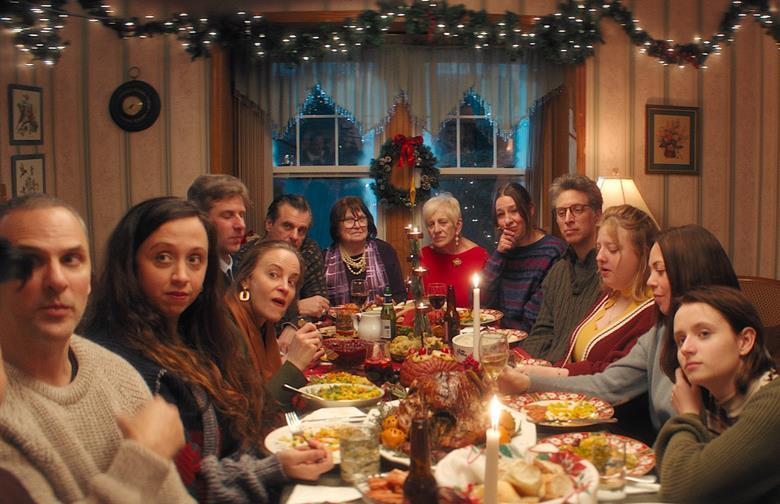
A family gathers on Christmas Eve for what could be the last holiday in their ancestral home. As the night wears on and tensions arise, one of the teenagers sneaks out with her friends to claim the wintry suburb for her own.
6.Gladiator II
Will Be Released On November 22, 2024
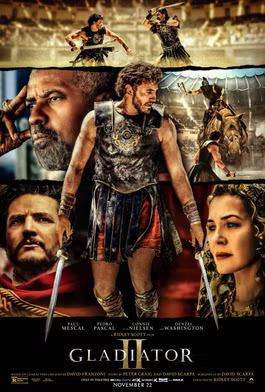
With rage in Lucius’ heart and the future of the empire at stake, he looks to the past to find the strength and honor needed to return the glory of Rome to its people. Will he succeed? Let’s find out.
7.Wicked
Will Be Released On November 22, 2024

Wicked tells the story of Elphaba (Cynthia Erivo), who has been misunderstood due to her green skin her whole life, but she forms a profound friendship with Glinda (Ariana Grande), who longs for popularity. Their relationship soon reaches a crossroad as their lives begin to take very different paths.
8.Moana 2
Will Be Released On November 27, 2024
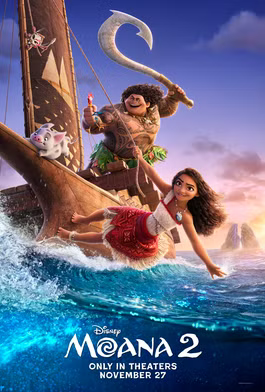
Moana (voiced by Auli’i Cravalho) reunites with the demigod Maui (Dwayne Johnson), and along with her crew, they go into the far seas of Oceania to break the curse of the god Nalo on the hidden island of Motufetu.
9.Maria
Will Be Released On November 27, 2024

Maria tells the story of real-life opera singer Maria Callas (played by Angelina Jolie), following the final years of her life.

Meghan Markle Delays Netflix Series Premiere Due To LA Wildfires

Satire Meets Culture On New Comedy Series ‘A Very Kenyan Sketch Show’

Netflix Set To Debut A Gripping Kenyan Drama Series ‘Mo-Faya’
Trending

 Adulting 1013 years ago
Adulting 1013 years agoPersonal Brand Online (Part 2)

 Adulting 1013 years ago
Adulting 1013 years agoPersonal Branding (Part 1)

 A Chat With3 years ago
A Chat With3 years agoA chat with DJ Elye (the sunday skool drop out)

 A Chat With5 years ago
A Chat With5 years agoA MOMENT WITH SHARON WENDO, FOUNDER OF EPICA JEWELLERY

 Health1 year ago
Health1 year agoLet’s Get Mind, Body and Spirit Aligned!

 Adulting 1012 years ago
Adulting 1012 years agoRediscovering Yourself Through Solo Travel: The Mental Health Benefits of Venturing Alone

 Entertainment3 years ago
Entertainment3 years agoKenyan Movie Disconnect: The Wedding Planner Is Now Streaming On Netflix

 A Chat With3 years ago
A Chat With3 years agoFind out why ‘mutura is not a street food’ as Wanjira Puts it!

